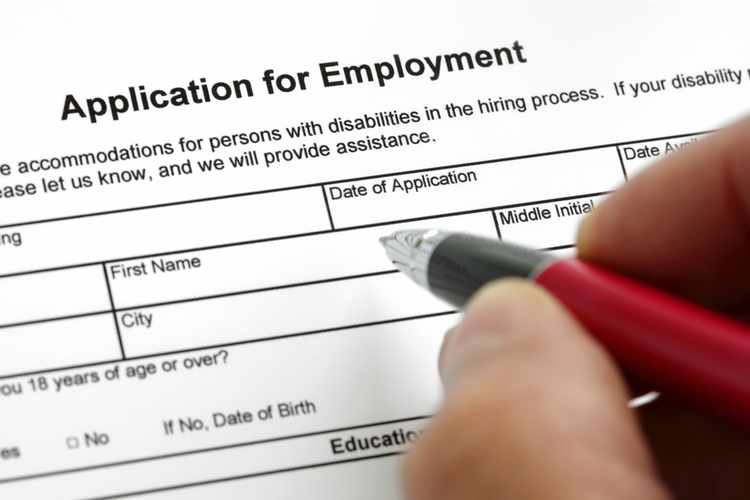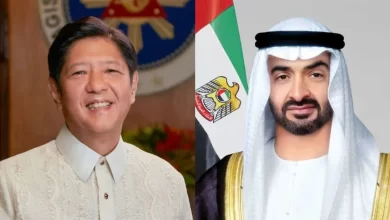Labor Secretary Silvestre Bello III weighed in on the new UAE Cabinet Resolution that requires aspiring job seekers in the UAE to obtain “Good Conduct and Behaviour Certificate” as a main condition to receive a work visa, starting February 4, 2018.
In an exclusive interview with The Filipino Times, the labor secretary mulled over the issuance of this new rule.
“This is not included in our bilateral agreement with the UAE government as regard hiring of Filipino migrants… I wished we had been informed first before they issued this rule so that we could talk about it since we have an existing bilateral agreement with them,” Bello told TFT Online.
“The certificate is a new addition. But without talks, this means it is a unilateral decision only. Both parties should agree with any addition to our existing agreement to make it binding.”
Bello said that he will get in touch with the UAE ambassador to the Philippines to clarify the matter when asked which government agency in the Philippines would issue ‘good conduct and behaviour certificate’.
The Philippine government, he said, is yet to issue an advisory on the new UAE Cabinet Resolution. However, if both parties can’t build a common ground for the extra certificate asked by the UAE government, Bello said: “I can also inform them that we can suspend the deployment of our workers there.”
Foreign job seekers coming to the UAE, including aspiring overseas Filipino workers, will soon be required to obtain “Good Conduct and Behaviour Certificate” starting from February 4.
As per new Cabinet Resolution No. (1/8#) for 2017, the certificate should be issued from the applicant’s home country, or the country of their residency for the last five years.
It must also be certified by the state’s mission, as well as the UAE Ministry of Foreign Affairs and International Cooperation.
What constitutes a good conduct and behavior
A good conduct and behavior certificate is a requirement for employers to ensure that the applicant has no substantial criminal record.
The document only applies to the applicants and not to their dependents. Tourist visa applicants are also excluded from the requirement.
The Coordination Committee clarified that the resolution only applies to migrant workers and not to their dependent families.




